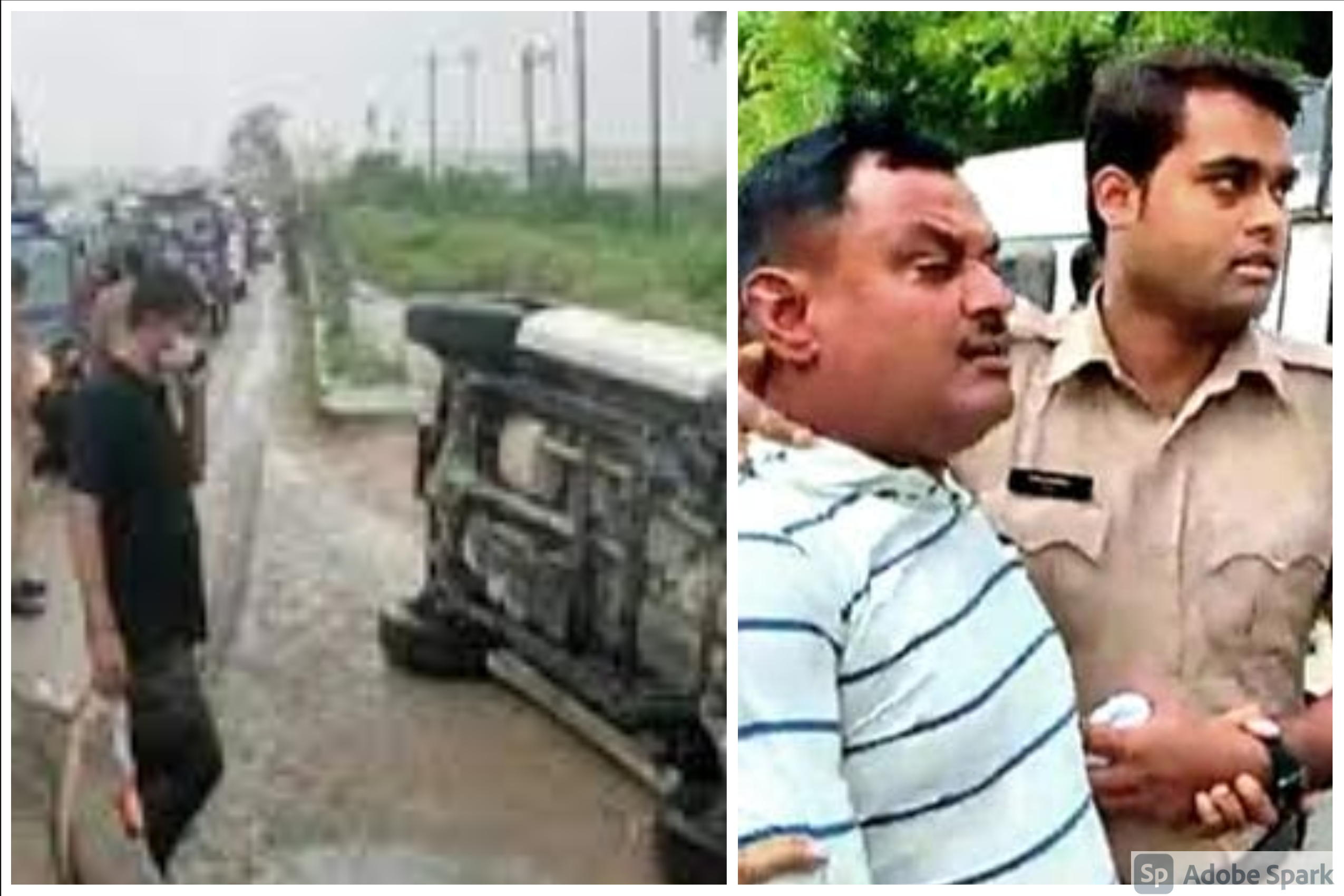

By A Special Correspondent
First publised on 2021-04-21 10:00:44
It is unfortunate that the commission set up by the Supreme Court to inquire into the alleged encounter killing of gangster Vikas Dubey and several of his associates was constrained to give a clean chit to the UP police against any wrongdoing for lack of evidence. The commission is reported to have said that not a single witness came to testify against the police despite several advertisements in the media. On the contrary, there were many witnesses who corroborated the police version of the events.
The way first Vikas Dubey's associates were hunted and gunned down and then later the gangster himself was killed when he allegedly tried to escape after the car in which he was being brought back to UP (from MP where he was arrested) turned turtle pointed to the killings being an act of vendetta by the UP police. The police had carried out a war against the gang after it had ambushed and killed eight policemen when they gone to arrest Vikas Dubey. The commission expressed surprise that no one from the media, the public or Dubey's family came forward to record their version.
Although it has been reported that the commission has made several recommendations in its report to the state government for future course correction, it needs to be studied what purpose such commissions serve when people clam up. Should there be a law to allow these commissions to work on the basis of circumstantial evidence? For, it is clear that not many witnesses are going to come forward against the police in such cases for fear of retribution.
Further, there should be a hard look in the matter of jurisdiction. In such cases, the arrested person could perhaps face trial under the jurisdictional magistrate where he is arrested. Taking the person back to the jurisdiction of the place of crime involves a lot of risk (of the accused escaping, of encounter killing and others). It is for the government to decide whether laws can be suitably amended to allow this.











